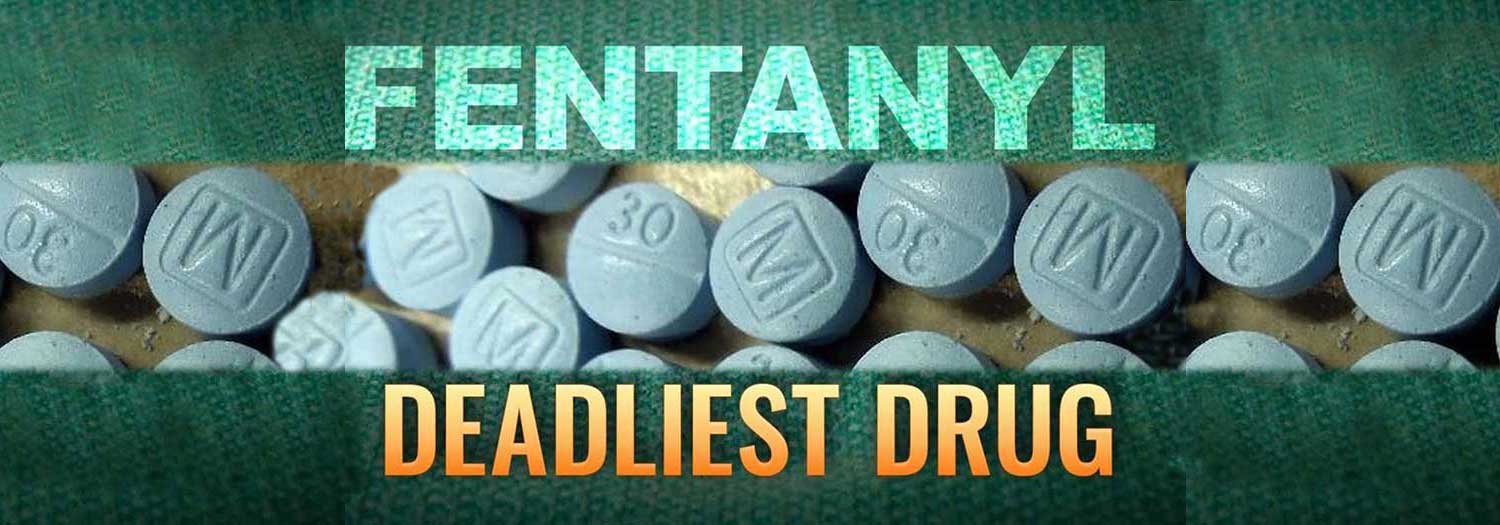
It can be difficult for parents to tell if their child is using opioids. There are several signs and symptoms that parents can look out for if they suspect their child may be using opioids. These include:
Behavioral changes: If your child is using opioids, they may experience changes in their behavior, such as sudden mood swings, agitation, or anxiety.
Physical symptoms: Opioid use can cause physical symptoms such as constricted pupils, drowsiness, slurred speech, slowed breathing, and nodding off.
Changes in appearance: Opioid use can cause changes in a person's appearance, such as weight loss, pale skin, and dark circles under the eyes.
Changes in social activities: If your child suddenly stops participating in social activities or loses interest in hobbies they once enjoyed, it could be a sign of opioid use.
Decline in academic or work performance: Opioid use can affect a person's ability to concentrate and perform well in school or work.
Changes in mood: Opioid use can cause mood swings, depression, and anxiety.
Changes in behavior: If your child becomes more withdrawn, secretive, or has mood swings, it could be a sign of opioid use
Missing medication: If you have prescription opioids in your home, keep an eye out for missing medication or unexplained changes in the amount of medication remaining.
Drug paraphernalia: Look out for drug paraphernalia such as syringes, needles, and burnt spoons.
Financial issues: Your child may start asking for money frequently or may have unexplained expenses.
If you suspect that your child may be using opioids, it's important to talk to them about your concerns and seek professional help.
If you suspect that your child may be using opioids, it's important to talk to them about your concerns and seek professional help as soon as possible. Talk to your child, express your concerns, and consider contacting a healthcare professional or addiction specialist for guidance and support.

Several years ago, a good friend of mine lost her beloved son to an overdose of drugs. She found her son in his bedroom unconscious but barely breathing. She called 911. The police arrived in no time and tried to resuscitate but could not do so. The police said that the EMT’s were on the way. Sadly, they didn’t arrive in time and he passed away.
The tragic part of this story is that his live could have been saved if the police had been carrying Narcan. Now all police officers carry Narcan in Massachusetts. This tragic story is happening to too many families. Last year we lost 100,000 souls to the drug fentanyl.
For every one person lost there are 10 people whose lives have been changed to sorrow.
They’ll spend the rest of their lives wondering what they could have done to save their loved ones.
My program is in no way a cure-all for the terrible epidemic that is plaguing our nation and I don’t know how many more lives have to be taken before people start to take notice and be concerned. It is effecting the whole spectrum of our society and it is time we became aware and talking to friends and family of the dangers and consequences of illicit drugs. You don’t know what may be in them!
I feel like Paul Revere riding out into the country shouting “Fentanyl is coming, Prepare yourself. But, guess what, it’s already here in your town.” My generation was able to stop the Vietnam War so I think it’s time for the young people of today to join hands and stop fentanyl from killing our youth.

If you or someone you know is struggling with substance abuse, there are several resources and options available to get help.
Substance Abuse and Mental Health Services Administration (SAMHSA): SAMHSA is a government agency that provides information and resources on substance abuse and mental health. They offer a national helpline that provides free, confidential referrals to treatment programs and other support services.
SAMHSA National Helpline at 1-800-662-HELP www.samhsa.gov.
American Addiction Centers https://americanaddictioncenters.org/rehab-guide/free
These government services can help you find someone to talk to, treatment options, and information on a wide range of mental health issues.
US Government Mental Health and Substance Abuse https://www.usa.gov/mental-health-substance-abuse

© Copyrights ADAPT. All Rights Reserved